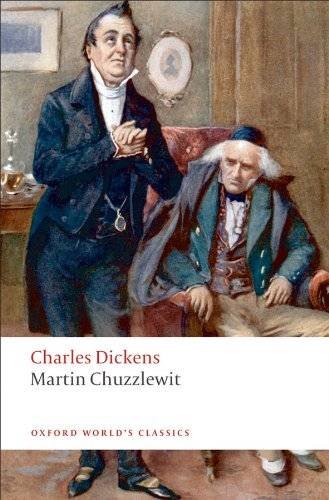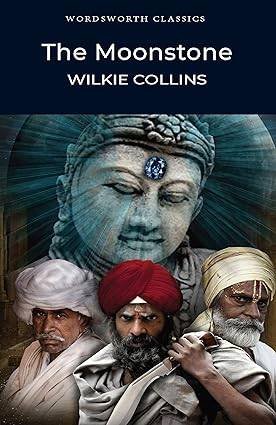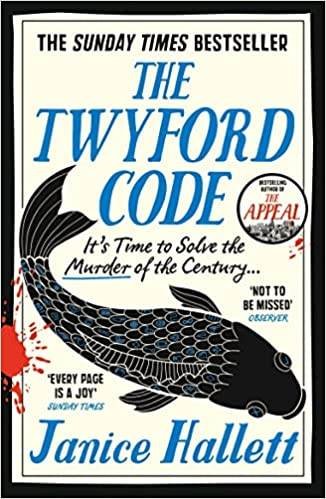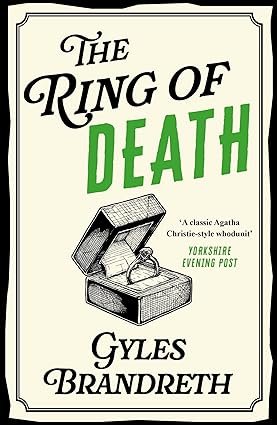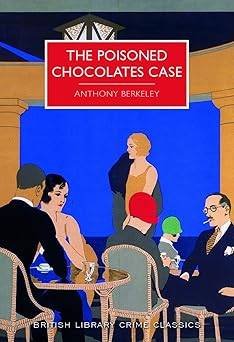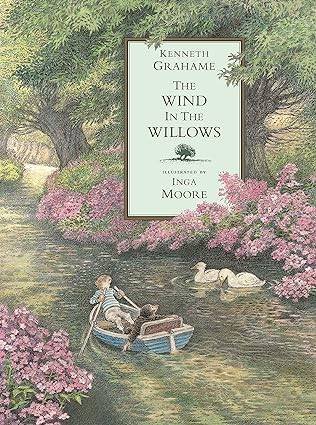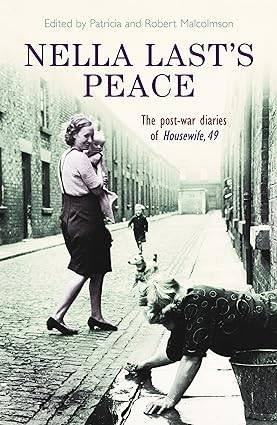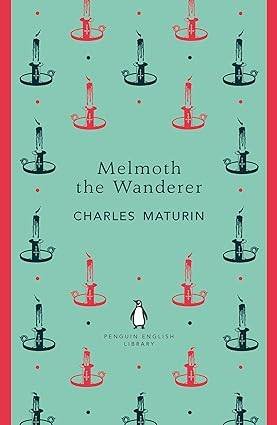Home » Book Reviews » Vera Brittain » Testament of Youth by Vera Brittain
Possible spoilers ahead
I am really keen to read this book as I want to learn more about the First World War, and I adore reading diaries with the personal insights that these provide. Grab your copy and let’s read it together!
I began making notes in the order of how things were detailed in the book, but as so many events related to other events and it is really more a collection of Vera’s thoughts and feelings about those events and how they shaped her young life, I found it easier jotting down how her words made me feel throughout my reading of the book and the impressions and emotions which the book brought up for me.
My overwhelming impression of the book, and what has stayed with me the most now that I’ve finished it, was how terribly tragic the war was with the dreadful loss of life. Obviously I knew this before I began reading the book, but those stark statistics from the war (sobering and shocking though they are) became far more personal and affecting when they were in someone’s words who was there at the time, describing their fear and confusion and grief. It is such a powerful book! And poor Vera really suffered and her life was altered so enormously by the deaths of most of the men close to her, especially her fiance Roland and brother Edward, as well as the sights she saw being a nurse on the frontline. She was so very frank and honest (bitterly honest, really) in her description of the utter despair she felt at their deaths and she didn’t hold back or keep some of her feelings private, and it feels like a real privilege to have this much access to someone’s private feelings and their pain as it’s very raw and heartbreaking and honest, not only her shock and immediate grief but also the longer-term mental impact with her insomnia and paranoia about her physical appearance. This did make it tough reading though, but I felt it was so very important to read this and to honour by reading it what she went through and what so many many people went through.
I was also very affected by the tortuous waiting at home for news that people had to endure, not just the sad news of someone’s death but just any news at all of their loved ones, weeks and weeks went by with them not having any updates and not knowing if their relative was dead or alive, I just can’t imagine today the powerlessness of not being able to get that vital information quickly, and this added to my sorrow for them. And the time taken for news to reach people was also reflected in examples such as the information of where Vera was going to be posted next which led to delays in her posts as a nurse and delayed her doing the crucial work that was so needed, and I really struggled to understand how these delays could have been allowed to happen. I guess all the red tape and rules were necessary in order to ensure the safety of people, and obviously the whole war itself was a massive operation involving many people and departments, and there was obviously not the technology that we’re used to now, but sometimes I just got soooo frustrated at the slow speed of things and the impact this had on vital services!
A section of the book which I found very powerful was Vera’s account of nursing German prisoners, as it reminded me to view people from the opposing side as human beings suffering just as the Allies were suffering, that they weren’t monsters or machines (which other accounts of the war so often give and which it is easy and simplistic to view them as), they were just part of the process of war just as the Allies were, and they were often just as scared of dying and of losing friends and relatives, and were desperate for the war to be over and to return home safely, just as any Ally felt. I was also impressed with how generous the Allies were in providing medical care to the opposing side, I hadn’t realised that this had happened and it really quite choked me up and made me proud (as an English person) that we could be kind and caring like that (or at least, Vera and her colleagues were), and how these wonderful nurses managed to put aside their personal sorrow and (understandable) bitterness at losing their loved ones to this opposing side and follow their professional instinct of nursing to provide care to them, I was just full of admiration for this.
One thing which quite shocked me was that Vera’s desire to keep talking about the war after it was over was disapproved of and she was discouraged from doing it, as today it’s very clear that suppressing emotions can affect a person’s healing, but I guess then it was looked on very differently and I’ve often heard people mention that their elderly relatives observed a kind of code of silence about the war. And this also tied in with how women like Vera felt that the part she played in the war as a woman wasn’t being recognised and appreciated, after all the sacrifices she had made and the danger she had gone through and the sights she had seen and the huge impact that the war had had on her life, so she wanted to try and remedy this by continuing to talk about her experiences and the experiences of other women, and I could definitely empathise with her for this and I felt very frustrated on her behalf!
I was shocked too at how little rights women had at that time, how far they were from being equal to men. Vera was obviously very determined on the rights of women and feminism, and I am in awe of the battle that women such as her undertook in order to try and ensure the equality and rights that women have today. I was particularly struck by it being expected without question that Vera would abandon her wartime duties in order to care for their ill mother and there was no thought that Edward might do this, and also Vera’s struggles to be accepted at Oxford University and to succeed there against the expectation that marriage was the only course available (or desired!) by women at that time, and also that she was very determined that when she did marry it was to be an equal partnership and indeed she even contemplated not marrying the man she loved because she was apprehensive that she could lose her independence.
And phew, another thing which really shocked me and still makes me go cold when I think about it was how Edward was treated as a gay person. I had begun to wonder, whilst reading the book, if he was gay and if this was the reason why he was continually overlooked and not sent to the Front during his training when others were sent to the Front ahead of him, and the introduction to the book (which I read when I’d finished the book) said he had been accused by the military police of being gay and was facing possible court martial for having relations with men in his company, and there was even the hint that he could have therefore deliberately put himself in the way of being killed by the opposing side in order to save his family the scandal and humiliation of this court martial! Wow, the possibility that he felt that death was the only option is just an awful awful thought, bless him, and made me wonder about all the other people in the war who may have suffered the same discrimination.
I found it interesting to consider that this book was very much from a middle-class perspective, eg the main people that Vera wrote about (including herself) went to Oxford and had servants, and that this middle-class background often resulted in those people being automatically put into the role of an officer in charge of soldiers, rather than as a soldier taking orders (these roles being more often filled by working-class people), and that sometimes these roles didn’t seem to take into account the person’s abilities and skills. Obviously the class system was far more prevalent then and I guess decisions about roles had to be made somehow and often swiftly, but this realisation also made me wonder how very different the working class/soldier’s perspective would have been on the war. The letters from the Front to home are a good indication of this, as Vera and Roland and Edward’s letters use very educated poetic analytical language and I imagine were very different from the letters of the working class people, many of whom may have been illiterate, and although this means that that educated poetic and analytical language provides an invaluable record of the war, it does make me consider that the experience of the illiterate working-class soldier may be far less known just because their letters either weren’t written or were written in a far more basic way.
It was also interesting to compare the experience of the people at the Front with the experience of people at home in England, and Vera (being one of those at the Front) was often quite scornful of the difficulties that those at home complained about, such as food shortages and lack of power and the difficulties of buying what you needed, but I can see that these were very valid difficulties which distressed those people at home (and of course, as previously mentioned, they also suffered from the powerless of having to just wait for news of their loved ones), and I valued its inclusion in the book as it showed another perspective of the impact of the war.
I was fascinated by the details of the League of Nations (formed after the war had ended) and Vera’s work with them and her hopes of how this organisation could be a useful result of the war and help people to believe that all their sacrifices in the war were contributing to a better and safer future. It was obviously very sobering to read this knowing that the safe future they hoped and envisaged wasn’t maintained for that long as we had the Second World War, and her views that the penalties imposed on Germany were too harsh and her worries about the discontent this could foster in Germany were particularly poignant given that.
This was a very memorable book to read, and also felt an important book to read. I grew very attached to Vera and really felt for her with the bereavements and traumatic sights she experienced, and also very much admired her bravery and selflessness as well as her determination to grab the opportunities offered to her (and to create these opportunities if they weren’t automatically offered too!). I felt I learnt a lot about the war and about people’s actions in it (and I have created a huge list of battles and influential people to now read up about!), but I also enjoyed learning about Vera as an individual and her early life and dreams and aspirations which all went to demonstrate the kind of person she was and how she might then react in situations. Her adoration of her brother Edward and their closeness was so touching and lovely, and I also loved her passion and enthusiasm for Oxford. This was an amazing and unique and very powerful book, and one I think should be read by everyone and studied in every school!
I am now keen to re-read Nella Last’s War (edited by Richard Broad and Suzie Fleming), this being a diary of a woman experiencing the Second World War, and the next in that series which is Nella Last’s Peace. And I think Sebastian Faulks’ novel Birdsong gives an idea of the working-class person’s experience of the First World War (though this is a fiction book), after my awareness that their voices may not have been so widely heard, so I am keen to read that. And I also very much want to read All Quiet on the Western Front by Erich Maria Remarque, as this book describes the First World War from the point of view of the Germans, and as I was prompted to consider their experiences and sufferings during the reading of Vera’s book then this feels like a valuable book to read. I see Vera has also written The Women at Oxford, about her time and struggles at Oxford University, so I think this would be very enlightening to read, and also her book Testament of Friendship, which details her friendship with Winifred Holtby and the support Winifred offered Vera, also sounds a very interesting book.


